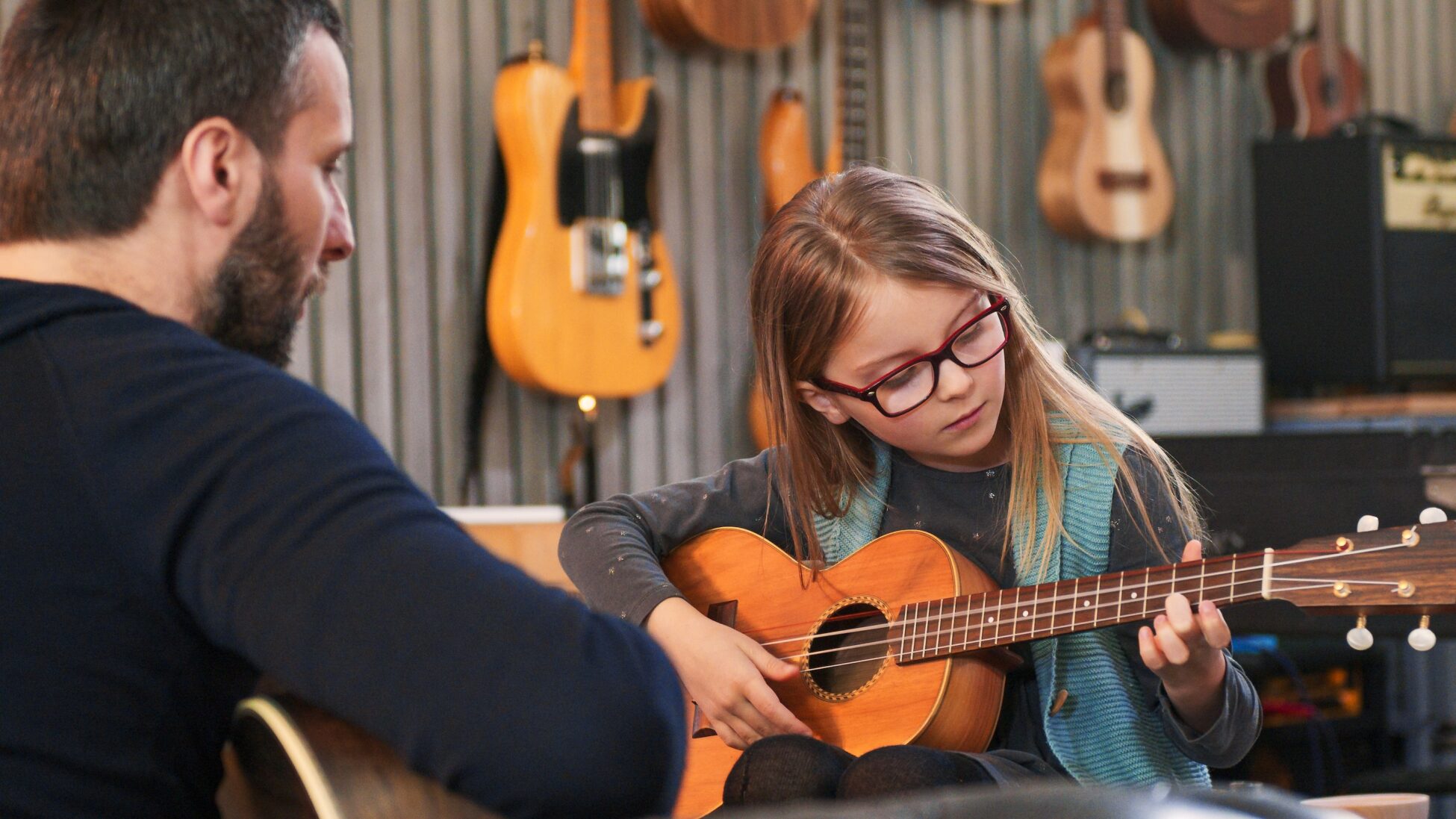
Kat Hunter
Membership ExpiredForum Replies Created
-
Kat Hunter
MemberDecember 6, 2024 at 7:25 am in reply to: Advertising and Marketing Tips (All Teachers)Loving seeing and liking peoples’ business pages!
Mine’s https://www.facebook.com/kathuntervocalstudio/
<3 -
Kat Hunter
MemberDecember 6, 2024 at 7:21 am in reply to: Advertising and Marketing Tips (All Teachers)Wow, great ideas all round! So impressed!
@Matthew I LOVE the fridge idea. Good one! And a good idea for the off peak rate too… something to think about.
@Lewis Wow, I didn’t even know you were allowed to stand outside a school and hand out things.. It’s something I’ve thought about doing before but for some reason I was always scared about being taken away by the authorities haha! Awesome suggestions of places to post fliers.
I’ve had a lot more success in the past with fliers than with online too. And it feels more quantifiable than just hoping people will follow you on facebook/twitter which is more of a long term method for developing trust with future clients. I just often don’t have the patience or the social media savvy for that stuff@Dave, totally on point. I love that you’ve really capitalised on the online space. It’s so interesting that you did so well with facebook promotion! I’d been warned off that, but maybe the information I was getting was wrong? Also great idea about the local music store. I wish I could take more advantage of that as a singer!
IDEA: maybe we could all like each others’ business facebook pages? I don’t know if this would help (I have a hard time sometimes figuring out exactly how facebook fits in the marketing picture, but I suppose a few more likes is probably a good thing)?
-
Just about to raise my prices and referring back to this now has been so helpful! Thanks all:)
-
Hey Frank, that’s such a good idea. I haven’t had to do the price increase myself, but this is a great way of doing it! I’ll definitely use this technique when the time comes. Another good thing about your price increase is that going from 12.50 to 15 means no more fiddling with loose change. Awesome!
-
Kat Hunter
MemberDecember 3, 2024 at 10:30 am in reply to: Christmas Voucher Policies? (All Teachers)I found this to be a pretty helpful article when I was putting vouchers in place and it advocates for no expiry:
http://www.toughcookiemarketing.com/turning-gift-vouchers-into-gold/
